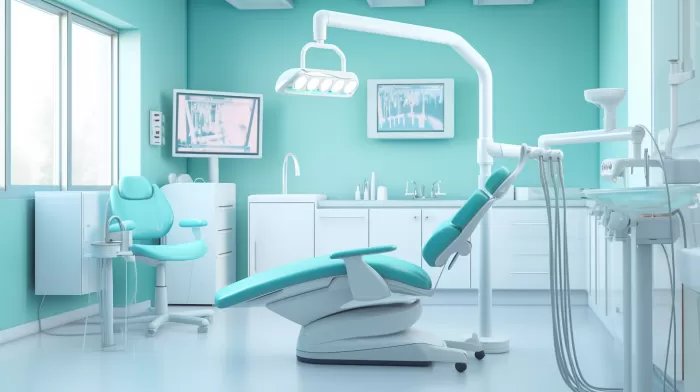A routine visit to the dentist often entails a thorough cleaning of your teeth and diagnostic X-rays. This has been the gold standard for dental practices, which enables dentists to identify and address problems before they become more serious. However, if you don’t have any discomfort or dental issues, you might want to consider skipping the X-rays. There’s a growing body of evidence that links dental X-rays to an increased risk of brain tumors, particularly for children.
The Link Between Dental X-Rays and Brain Tumors
A collaboration between several renowned institutions, including Brigham and Women’s Hospital, Yale University School of Medicine, Duke University, University of California San Francisco, and Baylor College of Medicine, led to a groundbreaking study. This study found a correlation between frequent dental X-rays and an elevated risk of developing meningioma, the most common form of a brain tumor in the United States.
According to the study, people who had a panorex X-ray, a dental X-ray that displays the entire mouth in a single view, were at a notably higher risk. Children under the age of 10 who had a panorex X-ray were found to be 4.9 times more likely to develop meningioma as they got older. On the other hand, adults with a history of this particular type of X-ray were 3 times more likely to develop the brain tumor.
Dr. Elizabeth Claus, one of the lead researchers and a neurosurgeon at Brigham and Women’s Health and Yale University School of Medicine, commented on the results of the study: “The findings suggest that dental X-rays obtained in the past at increased frequency and at a young age may be associated with an increased risk of developing this common type of brain tumor.” She further emphasized that while dental X-rays serve as an essential tool in maintaining good oral health, efforts to moderate exposure to this form of imaging might be beneficial for some patients.
Understanding the Risks
Bear in mind, though, that this study only establishes a correlation, not a direct cause-and-effect relationship between dental X-rays and brain tumors. Nevertheless, medical professionals agree that even low doses of ionizing radiation can generate cumulative harm over time. Therefore, it is vital to weigh the risks and benefits of undergoing dental X-rays, particularly for children whose brains are still developing and more vulnerable to the adverse effects of radiation.
Taking Preventative Measures
While the link between dental X-rays and brain tumors is certainly alarming, there are some preventative measures you can take to minimize your exposure to radiation and subsequently lower your risk:
- Avoid unnecessary X-rays: Communicate openly and honestly with your dentist about your dental history and your concerns. If you have no significant dental issues, ask whether the X-rays are indeed necessary. In some cases, your dentist may agree that X-rays can be skipped or delayed.
- Opt for digital X-rays: If you do require dental X-rays, request digital X-rays. These are faster, use less radiation than traditional film X-rays, and provide high-quality images that can be adjusted for better visualization.
- Shield yourself: Make sure your dentist provides proper shielding devices, such as a lead apron and thyroid collar, to protect sensitive areas from radiation exposure.
- Follow the ALARA principle: ALARA stands for “As Low As Reasonably Achievable.” It is the guiding philosophy for radiation protection, and your dentist should adhere to it. This means using the lowest possible radiation doses while still obtaining the necessary information for diagnosis and treatment.
Maintaining Good Oral Health
Remember, dental X-rays are just one component of maintaining optimal oral health. Regular visits to your dentist for cleanings and checkups, along with a proper oral hygiene routine at home, can contribute significantly to keeping your teeth and mouth in good shape. Skipping unnecessary X-rays can aid in minimizing your risk of developing brain tumors without compromising your oral health.
As a patient, understanding the potential risks associated with dental X-rays and making informed decisions about your care can not only safeguard your oral health, but also minimize your risk of developing brain tumors. Don’t be afraid to express your concerns to your dentist and work together to develop a dental care plan that takes into consideration both your oral health and overall well-being.



